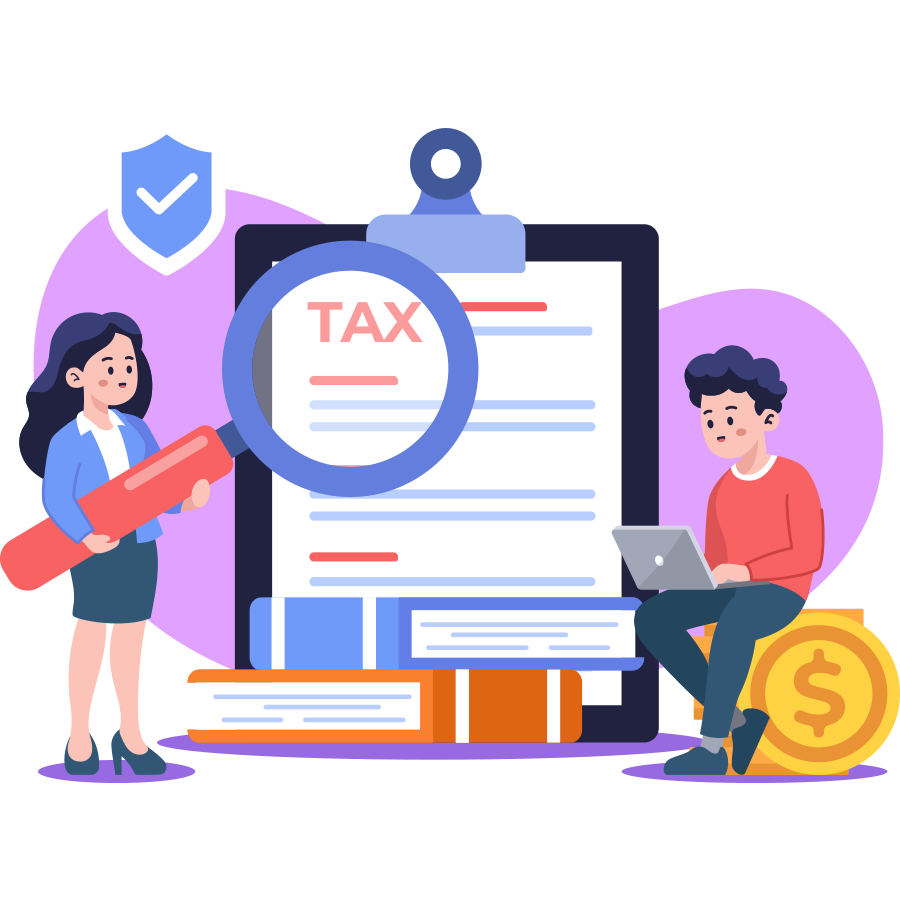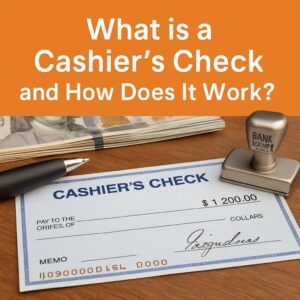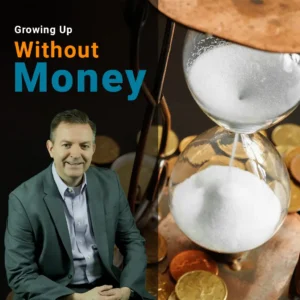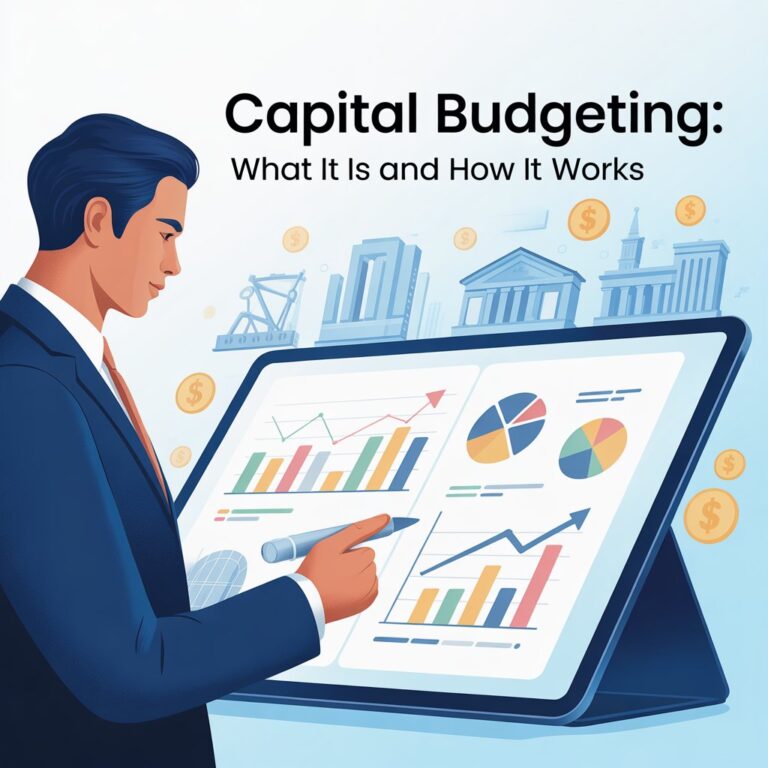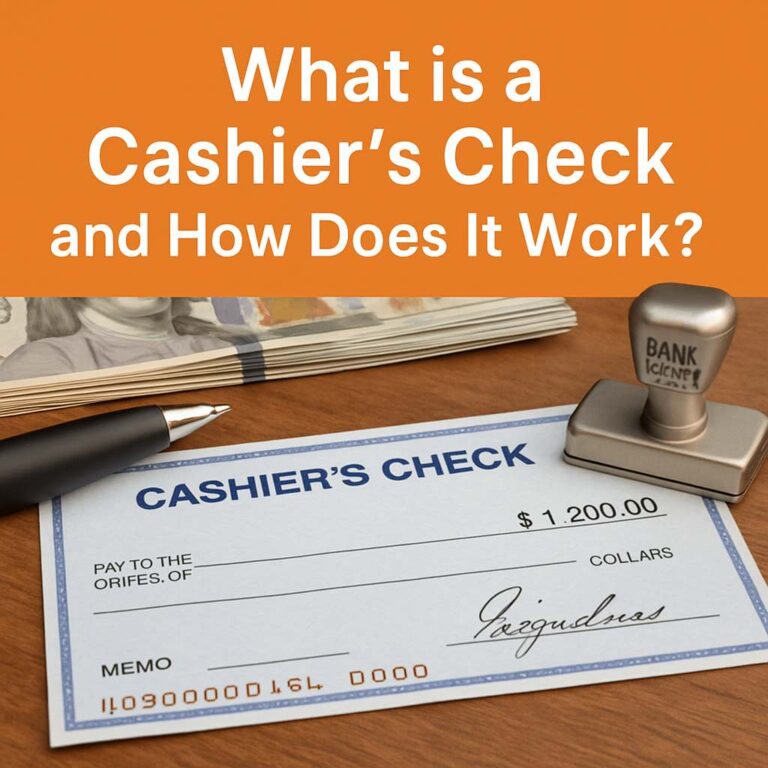In case of the best way to teach your kids about taxes. The mere mention of them has been known to strike fear and anxiety in the hearts of even the toughest of men. Not only is the thought of taxes scary, but it can also often be a tricky subject for most adults to wrap their heads around, let alone figure out the best way to teach your kids about taxes.
Well, here at Educounting, you already know that we’re all about teaching kids (and their parents) about money. I mean, it’s our thing, after all… and since money and taxes (unfortunately) go hand in hand, we figured that now is as good a time as any to talk about taxes and, more specifically, how to talk about taxes with your kids.

Like most money matters, the best way to teach your kids about taxes is by using simple explanations, allowing them to participate in “real life” financial activities (in this cases, activities involving taxes), and by coming up with creative ways to give them some hands-on experience, such as creating a tax system in your own home.
The Best Way to Teach Your Kids About Taxes Using Receipts
You can use receipts to teach kids about sales tax and where that money goes unless you live in one of the five states that don’t have sales tax , then you can skip to the next section (don’t worry, we’ll forgive you) OR you could check out this awesome video.
Sales tax is used to help state governments generate revenue, and it comes in the form of a fee added to the price of items that we purchase. When we buy a taxable item, we have to pay for the cost of that item, but we also have to pay the sales tax.
The best way to teach your kids about taxes using receipts is to let them buy something taxable and then use the receipt from that purchase to open a discussion about sales tax. For example, if your child purchases a video game at the cost of $25 and the sales tax is $1, explain to them that they would have to pay $26 for the item in total. Estimating sales tax while shopping for the item will be an important lesson in and of itself because if the child only has $25 to spend on the video game, they won’t have enough money to cover the sales tax.
You can use this teaching moment to help your children understand that the largest proportion of federal revenues comes from sales tax goes to fund things that benefit the entire community, such as park and recreation facilities, public transportation, and schools. Depending on the state in which you live, sales tax revenue might also fund local projects and supply aid to needy children and vulnerable populations.
The Best Way to Teach Your Kids About Taxes Using an At-Home Income Tax System
Want to know one of the best ways to teach your kids about taxes? Beginning charging income tax on the allowance that they receive.
Check out this video where we talked about allowance and salary.
When it comes to the best way to teach your kids about taxes and how income tax works, you don’t need to make them help you with your income tax filing or bring them to your tax preparer’s office (though, we recommend that you consider doing that too). To start, however, like we always say, try and teach them about money and finance by using examples that they can relate to.
Let’s say, for example, that your older teen has a desire to spend money on something rather expensive. Perhaps they want to share a limousine with their friends for prom. Collecting an income tax from their allowance can be a great way to help to save money and one of the best way to teach your kids about taxes.
When it comes time for the child to contribute their share of money to cover the price of the limousine for prom, you can return all of that “tax” money you collected in the form of a “tax refund.” It is essential to remind your child that this windfall comes from their own money, and it is not some gift. It is a simple and easy way to teach the child exactly how income tax works on the most basic level.
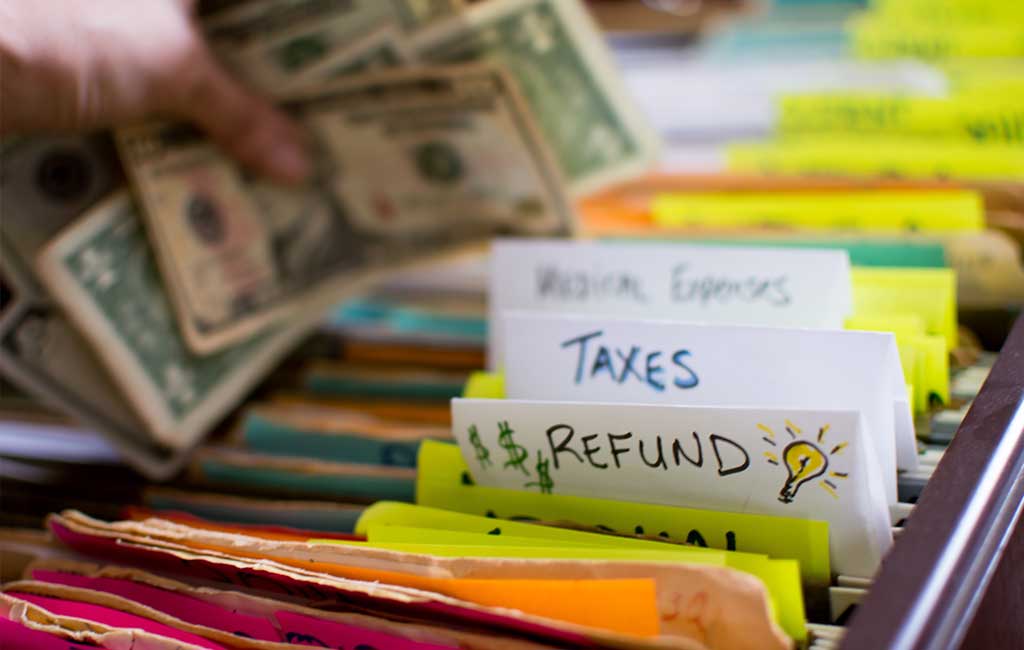
For younger children, you can help them develop a savings goal that they can work toward. Perhaps there is a specific toy or treat that they want. You can put ten percent of every dollar earned into a clear jar labeled “income tax” as they earn allowance money. Once the money reaches a target amount, they can go shopping. Again, it is crucial to ensure that the child understands that this is their money.
Of course, these are the same lessons that we use to teach kids how to save money, and it isn’t wise to give children the impression that everyone who pays income taxes gets that money back once a year at tax time because, in the real world, not everyone gets a tax refund. In fact, most people end up having to pay taxes.
So, once you’ve taught them the basics using the exercises above, consider kicking it up a notch. Instead of putting the tax money in a jar and returning it to the child after a certain period, consider collecting the same amount of money from everyone in the household and creating a tax plan and budget. This tax plan will outline how the tax money can be used to benefit the entire family, like paying for a family vacation or for a purchase that the whole family can enjoy.

Again, this can be an essential lesson in how our tax dollars are used to benefit society as a whole.
Kids are naturally curious, so they want to know precisely who the adults are helping with the income tax money that they pay to the Federal government.
Does it pay teacher salaries? Does it keep our streets and bridges pothole-free? Does it pay for a sweet Disney+ cable package in the White House?
Well, you can find out exactly how your tax dollars are being spent thanks to a nifty tool from the National Priorities Project. It is an excellent resource for showing kids exactly how the government spends mom and dad’s tax dollars.
I decided to plug in a very patriotic income tax amount of $1,776 and found that most of that money went toward health care, national defense, and paying down the national debt. The rest of the money paid for many other government programs, from veterans’ benefits and education to science and transportation.
You can explain to children how national defense pays the salaries of the men and women in the military that are charged with the protection of our country and for the fuel for airplanes used to fly military personnel around the world. Tax revenue that goes to health care is money used to help people who cannot afford to go to the doctor to get the medical attention they need. It is also used to support the Centers for Disease Control and Prevention to respond to and prevent infection outbreaks. Some of the money we pay in Federal taxes is even used to provide humanitarian aid to folks in other countries.
Collecting Taxes as a Punishment
In addition to being the best way to teach your kids about taxes and also teaching them about how income taxes work, using a tax jar and setting up an in-house tax system can also be used as a form of discipline. For example, you can set up a “swear tax” or charge tax when a child fails to do their chores.
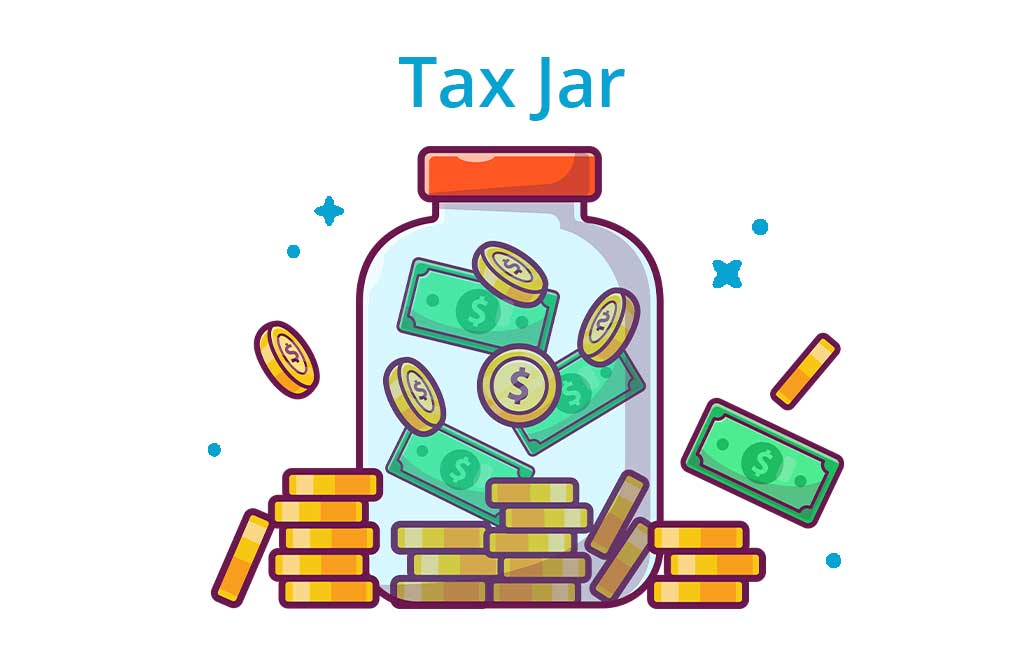
Again, the money you collect from these “taxes” should be placed in a clear jar, located in a central location, so that the children can see that you are not just taking their money as a punishment and using it for yourself. Unlike some of the earlier exercises we mentioned, offering a tax refund from this jar probably would not be the best course of action. Instead, it can be applied to that general family tax fund that we mentioned earlier and used on something that will benefit the family as a whole.
The Best Way to Teach Your Kids About Taxes Related to Prize Winnings
Gambling might be a sensitive topic to broach with a child and can be a tricky one. But, hey, you’re a brave enough soul to be discussing the ins and outs of money, finance, and taxes. So, how hard can a lesson on gambling be?
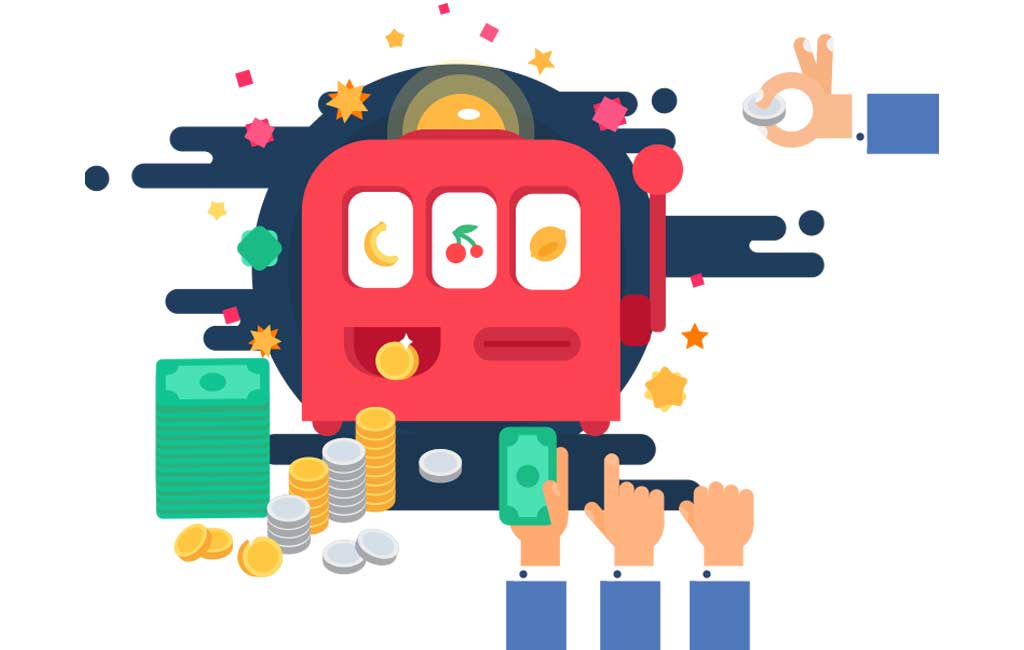
The fact is, it is important to let kids know that when people win money, whether it is through the lottery, at a casino, or even when you buy a raffle ticket at the local charity fundraiser, Uncle Sam may take a cut in the form of a tax.
Winning prizes can one of the greatest delights of childhood. Whether it is a stuffed animal at the local fair or winning the top prize at family game night, there is no better way for you to give them a crash course in how far-reaching government taxes can be than by teaching them how the government taxes income earned through prize winnings.
The bottom line in this lesson is that the government has come up with many ways that collect the eternal revenue that it needs.
Teaching Your Kids That Taxes Aren’t Something to Fear
At this point, your kids probably imagine that this Uncle Sam character is an actual individual, maybe a monster, quiet like the boogeyman, that is waiting under their bed to take his share of their hard-earned money every chance he gets. Well, they wouldn’t be entirely wrong, I suppose. It all sounds like some ancient European folk tale.
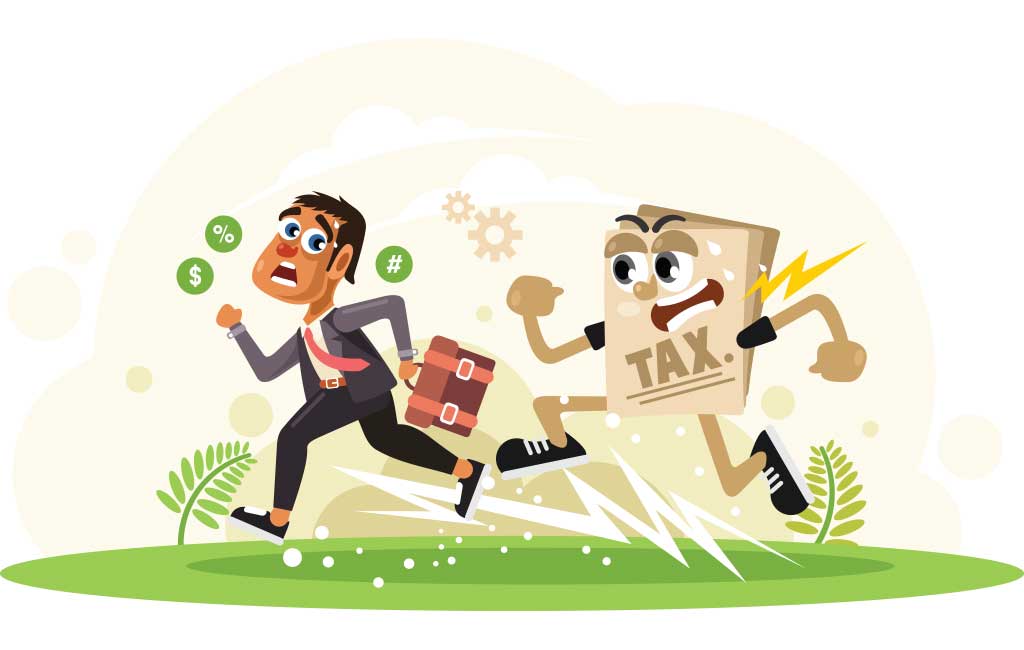
In any case, if this is where all this tax talk has landed you, don’t give up. You have not failed. Now is the best time to discuss how people can lower their federal and state tax burden when they file their tax returns each April, and you can start by teaching them that they are rock stars when it comes to this one. You can let them know that Uncle Sam will lower mom and dad’s entire tax bill for each child. Be careful how you frame that one, though. We don’t want the kids to think that you are selling them off to the taxman under the bed.
This is also the best time to give your kids a primer on general deductions. You can start with explaining how the Federal government allows taxpayers to take standard deductions based on their filing status and how some people itemize their expenses to lower their tax bill further.
You can teach your child about the many different types of deductions that specific individuals are eligible to take. These can include unreimbursed medical and dental expenses, loan interest, taxes paid, charitable contributions, job-related expenses, and more.
Let Your Kids Know How You’re Going to File Your Taxes
I know that we said earlier that you don’t have to drag your children into your accountant’s office to learn about how taxes work versus untaxed income, but it can be one of the best ways to teach your kids about taxes. If you do your taxes yourself and don’t have an accountant, involving them in the process, depending on their age, isn’t such a bad idea either.
We don’t want to give our children some impression that the taxes we pay are something to fear or that paying taxes is horrible. In that vein, we certainly don’t want them to think that it is such a daunting task that any person in their right mind will try and avoid filing taxes on their own. These days, with the help of online tax preparation software, it has never been easier for people to file their taxes independently. Most online tax prep software provides guidance to the average American who wants to complete their tax filing simply and affordably.
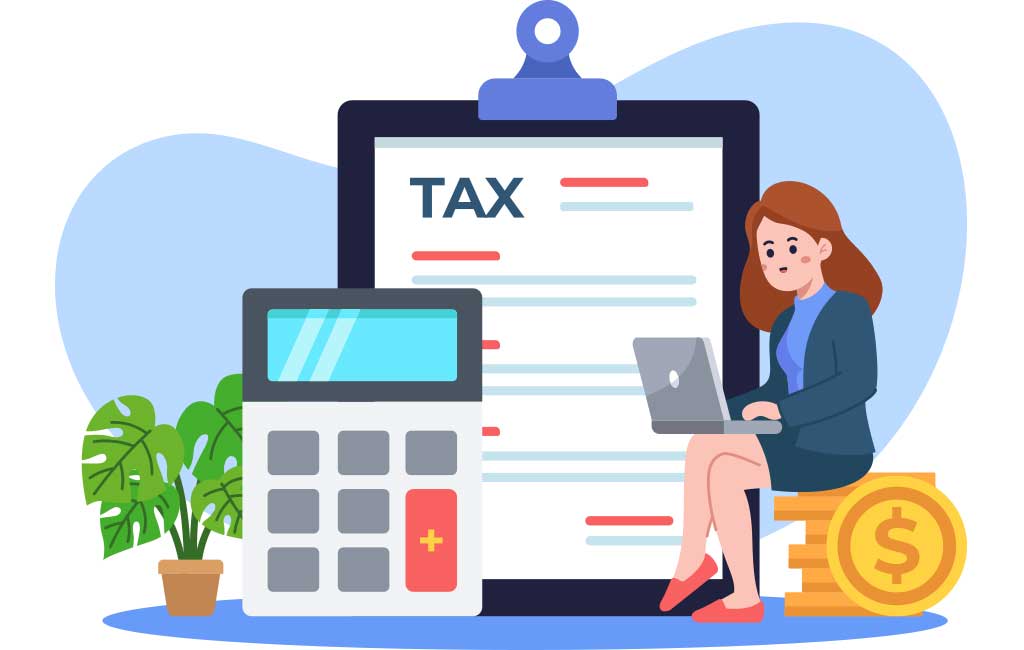
This may come as a surprise to your kids, and it is a way to teach them a valuable lesson about self-sufficiency. You can use this moment to teach them about the many different ways Americans file their tax returns, including filing by mail (Do people really still do that?), filing online, or utilizing the services of an accountant or other tax professional.
You can explain to your child some of those reasons why people may choose to file using one method instead of another. You can also turn it into a lesson on how different people might have very different tax returns and how their needs may differ. Some people may have very complicated income streams or certain types of investments that can complicate their tax returns, requiring them to seek guidance from a tax professional. Other people may have a much more straightforward tax return, so it is much easier for them to do their taxes on their own.
You might also use the opportunity to explain how people who work in the gig economy and act as independent contractors will have to file their taxes a little differently than everyone else. There are gig economy pros and cons, especially when it comes to filing your taxes.
Check out this video that gives the inside scoop on how independent contractors pay taxes, 1099s, and all things related to the gig economy.
What Happens if You Don’t Pay Your Taxes?
It doesn’t matter how old your children are or who you are. If you are looking for the best way to teach your kids about taxes, you’d better be fully prepared to answer the age-old question of, “What happens if you don’t pay your taxes?”
The answer is simple. Life can quickly become pretty complicated if you don’t pay your taxes.
It may be hard for a youngster to fully grasp just how inconvenient a government tax audit can be. One of the best ways to help them understand an audit is to have them consider a tax return like a homework assignment. If they make a mistake, Uncle Sam (there he is again – the boogeyman) will make them review their homework (as if they needed another reason to dislike him) line by line, ensuring that every item is accurate. The result is that they could end up paying more in taxes than they originally paid and a penalty.

People who simply don’t file their taxes or fail to pay the taxes that they owe can land themselves in some boiling water. For example, your unpaid taxes can be deducted from any future tax refunds if you are eligible for them. On top of that, the Internal Revenue Service (those are the folks who collect your taxes on behalf of old Uncle Sam) can place liens on your property or other assets. That lien may later become a levy, meaning that the IRS can seize your property as a way to pay them the taxes you owe.
Many companies use tax avoidance schemes as a way to increase their profits and avoid paying their fair share of taxes. Check out this two-minute video on how companies intentionally avoid taxes.
Yeah, the government has a lot of power when it comes to collecting taxes, so it’s probably a good idea not to mess with them.
The Best Way to Teach Your Kids About Taxes Using History
A little bit of history can go a long way. In this case, a lesson about the Boston Tea Party may be one of the best ways to teach them a fundamental truth about taxes that we simply cannot deny, and that is this: Adults are always going to fight about taxes. Like it or not, we cannot pretend that taxes are not a divisive political issue.
Now, if you don’t remember high school history and need a bit of a refresher, here’s the gist of the story:
The British government, which was in control at the time, was taxing colonists in America on all kinds of different things and indeed weren’t happy about it, but they paid. Still, the straw (or tea leaf) that broke the camel’s back, so to speak, was when the British government decided to start taxing their favorite beverage – tea! In response, the colonists boycotted the tea tax by tossing all of the tea into the harbor. This was done in protest over the customs fees they were being forced to pay to another country far away that most people didn’t want to pledge an allegiance to anymore.
If all of this is putting the kiddos to sleep, you can also show them this video which talks about some pretty weird tax facts.
Bottom Line: The Best Way to Teach Your Kids About Taxes is By Example
The best way to teach your kids about taxes is by example. When preparing your tax return, let them sit down with you. Let them look at how certain income is considered a tax liability and how certain wages can help you gain a higher income or lessen your tax burden.
Tax season is also a great time to review the year that just passed, financially speaking, and plan for the year ahead by putting together your yearly budget. As Mak says, “Information is power when budgeting.” So check out this excellent podcast from Mak & G about the subject.
Perhaps the best life lesson of all would be to teach them how to divide their money, the same way that Uncle Sam divides yours. Help them decide what would work better for them, putting aside some tax money for each dollar that they earn or getting one year-end tax bill. You can even ask them to come up with something that they should get certain “tax breaks” on, the same way that moms and dads get a break for having kids or purchasing a home.


